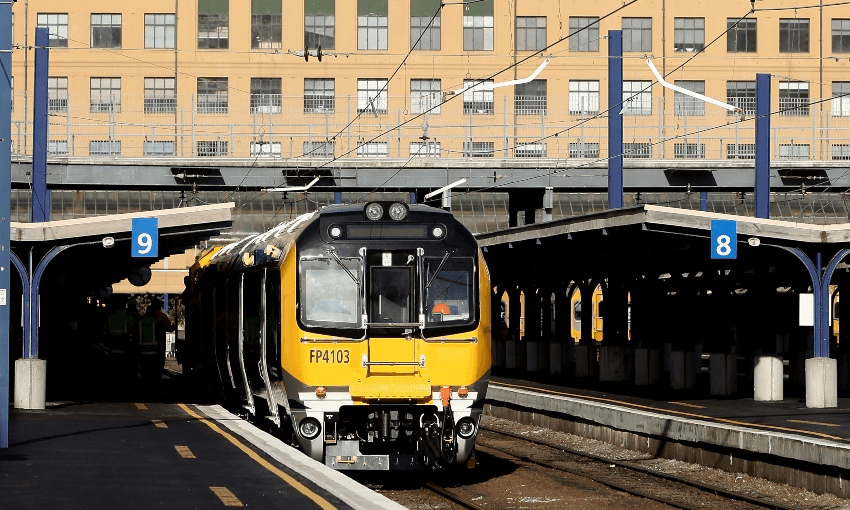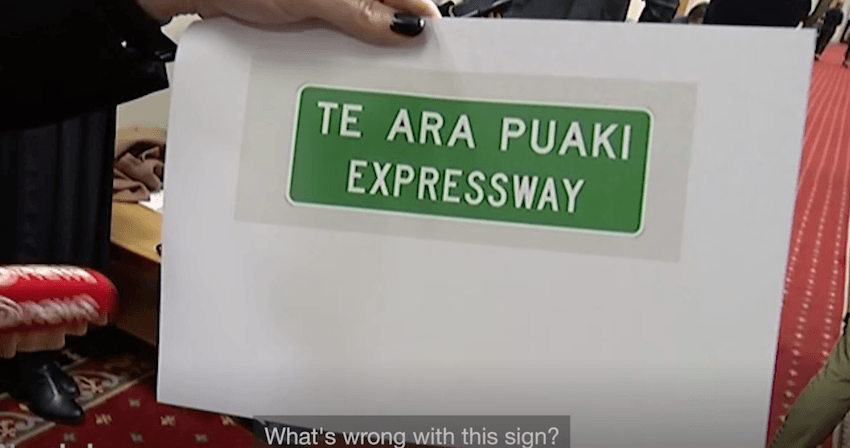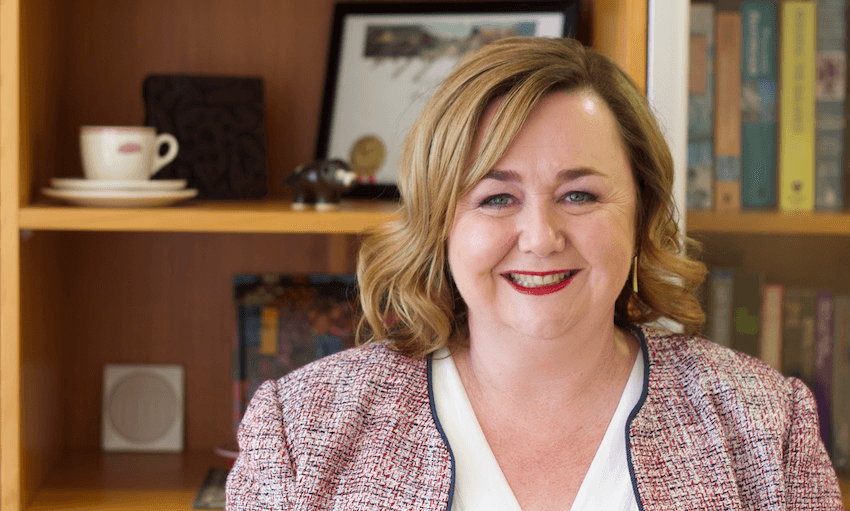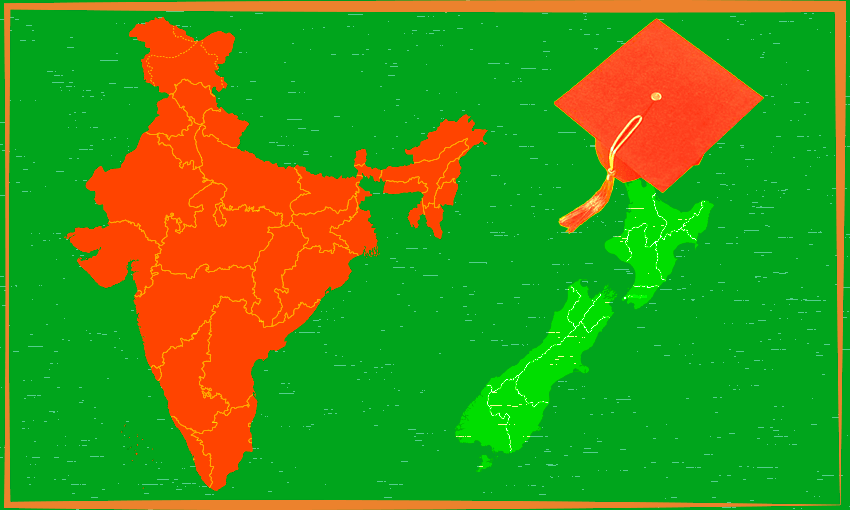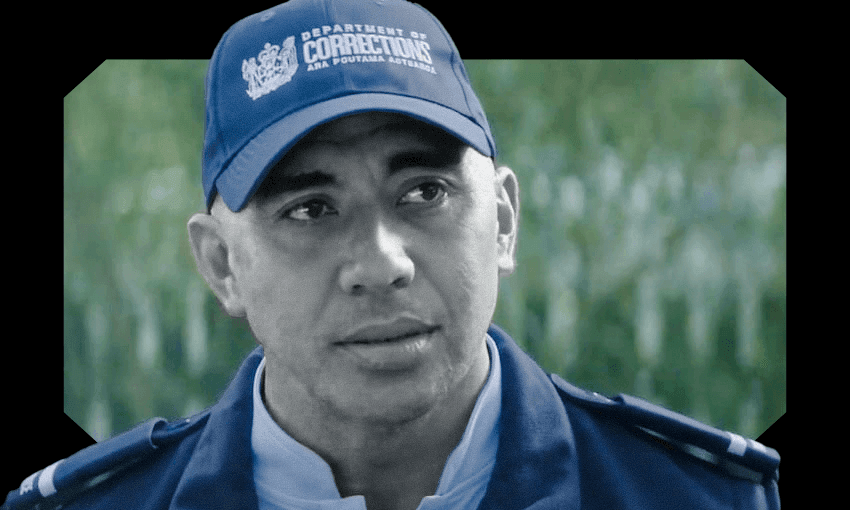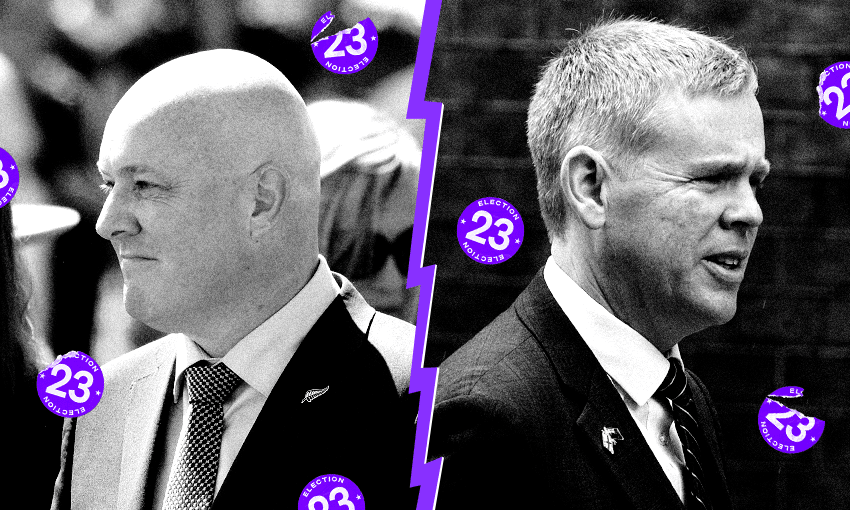Wellington councillors Sarah Free, Tony Randle, Diane Calvert, Tim Brown, Ray Chung, and Nicola Young have lodged a notice of a motion to declare a vote of no confidence in flagship transport project Let’s Get Wellington Moving with the council’s chief executive, reports Stuff.
The notice asks the council to withdraw from the $7.4 billion transport overhaul, which is intended to deliver a range of improvements to the region’s transport, in partnership with the government and regional council. The improvements include infrastructure for light rail, pedestrianised streets, cycle lanes and a potential new tunnel under Mount Victoria which will reduce carbon emissions and make travel throughout the Wellington region faster and more efficient. The project has been criticised for delays, changes in senior leadership and disruption caused by additions like the Cobham Drive pedestrian crossing.
The project has a structure where 60% of the funding is provided by Waka Kotahi, along with 20% by each Greater Wellington and Wellington City Council. The councillors proposing a vote of no confidence say that they do not believe the governance structure has sufficient accountability or that the council can afford it. They are proposing a vote at a council meeting on June 29.
“The particular dynamics of Wellington City Council are for the council and for the mayor to manage,” said transport minister Michael Wood. “But a big transformational program like this, you’ll always expect that there’ll be some people who support positive change, and some people who don’t have the vision and the ability to lead the way through.”
